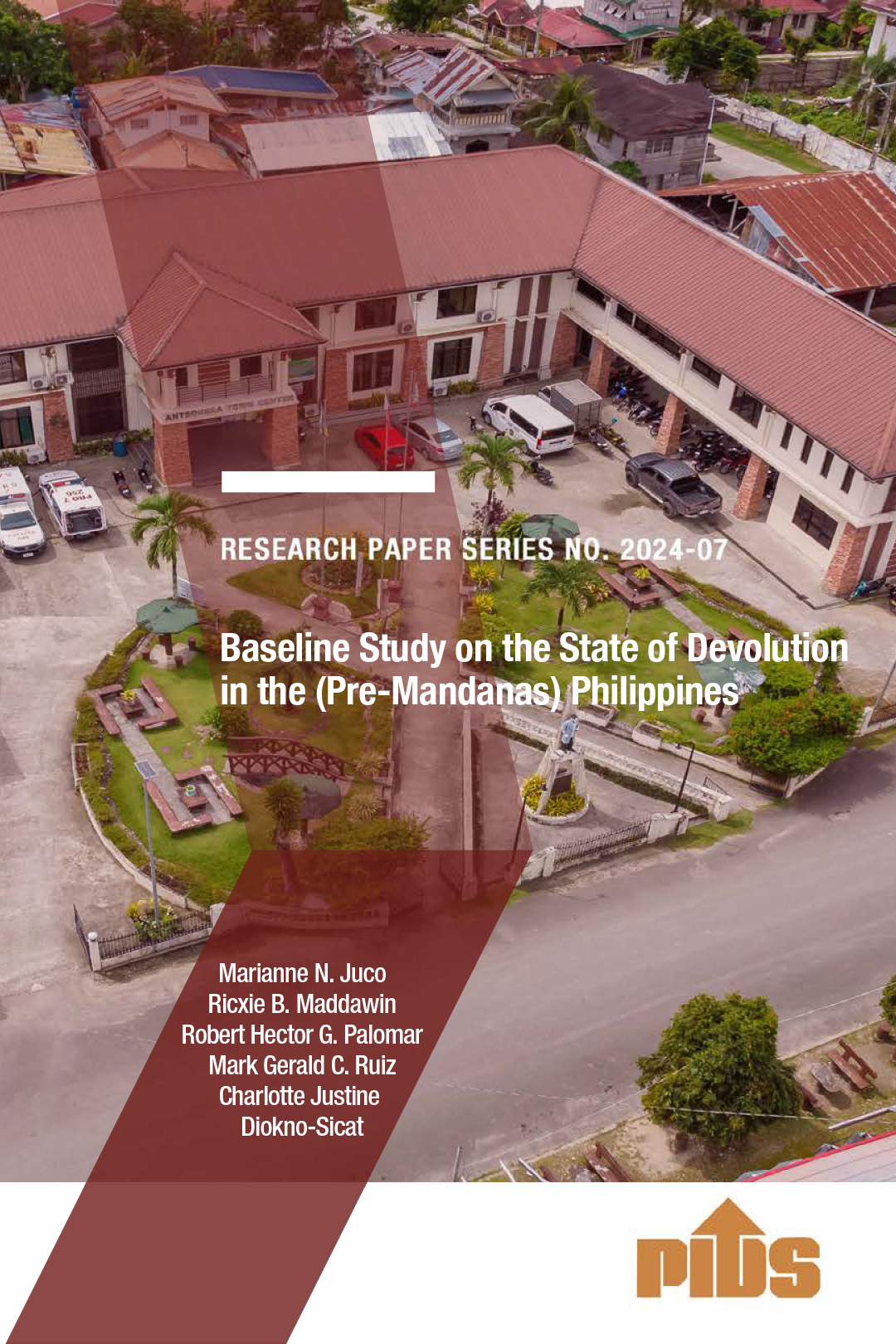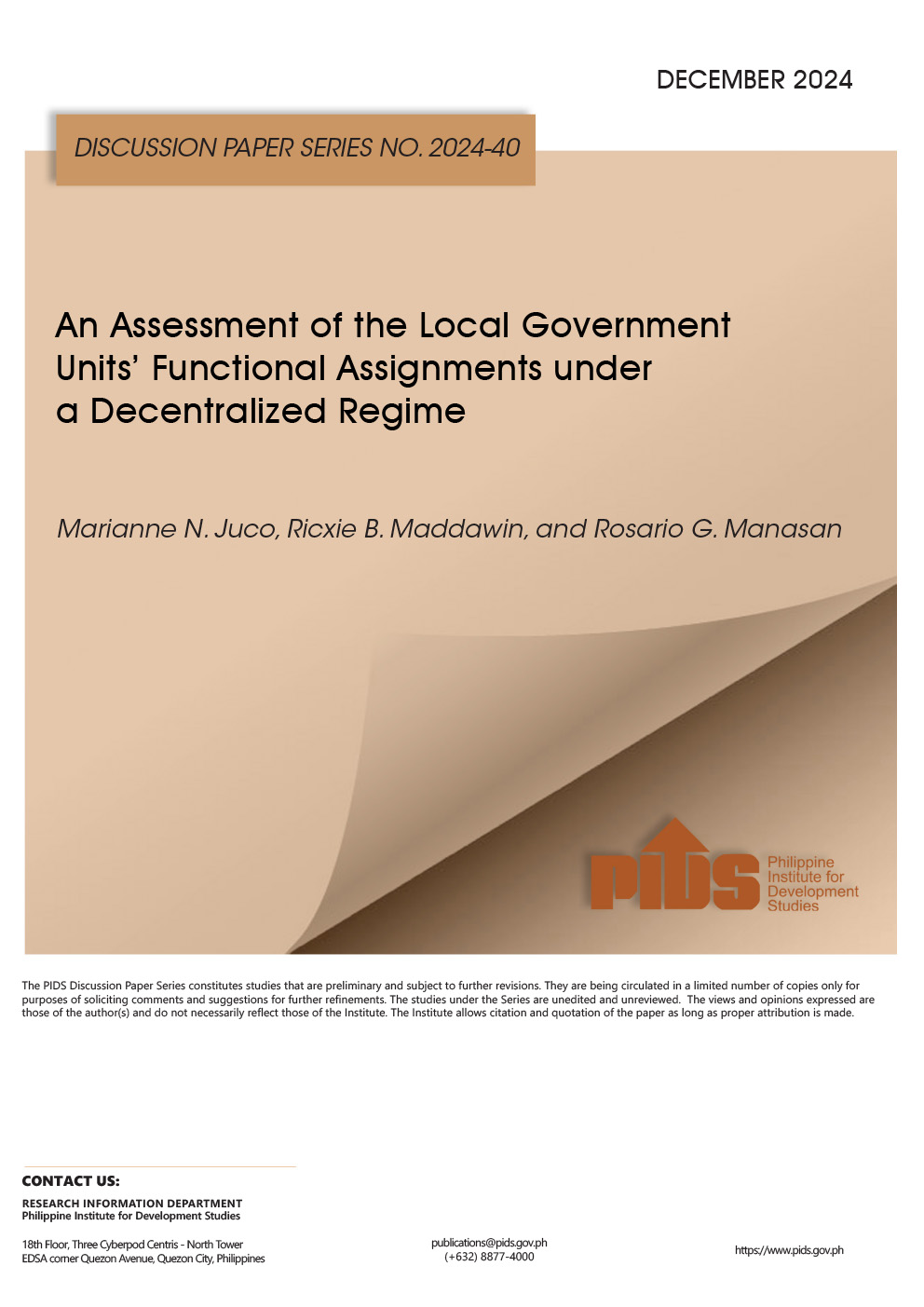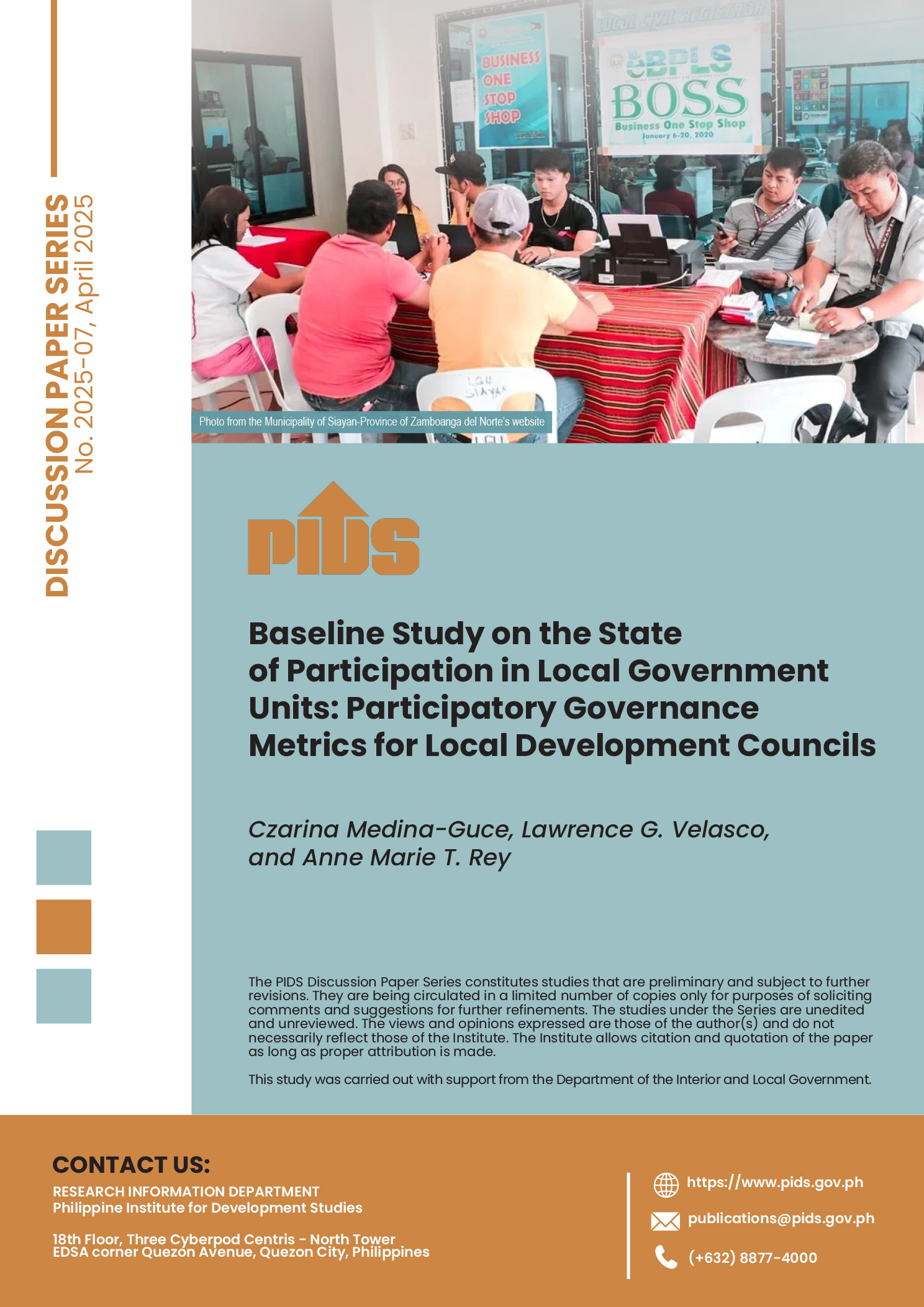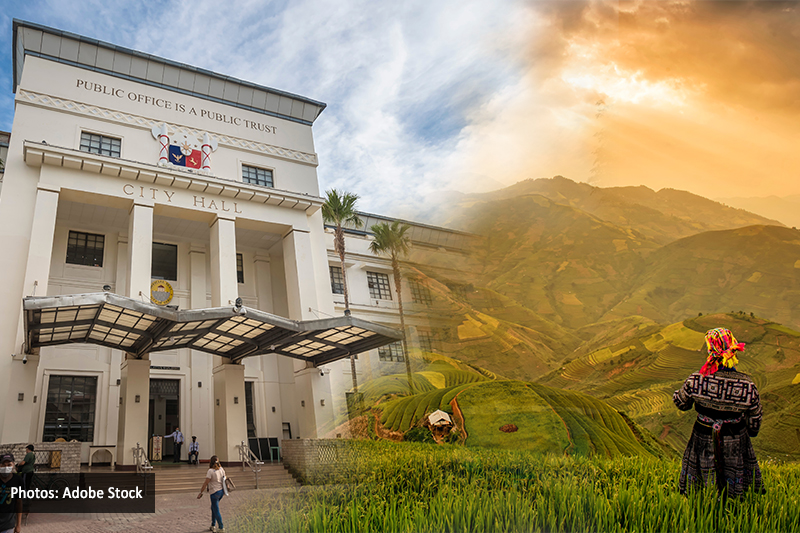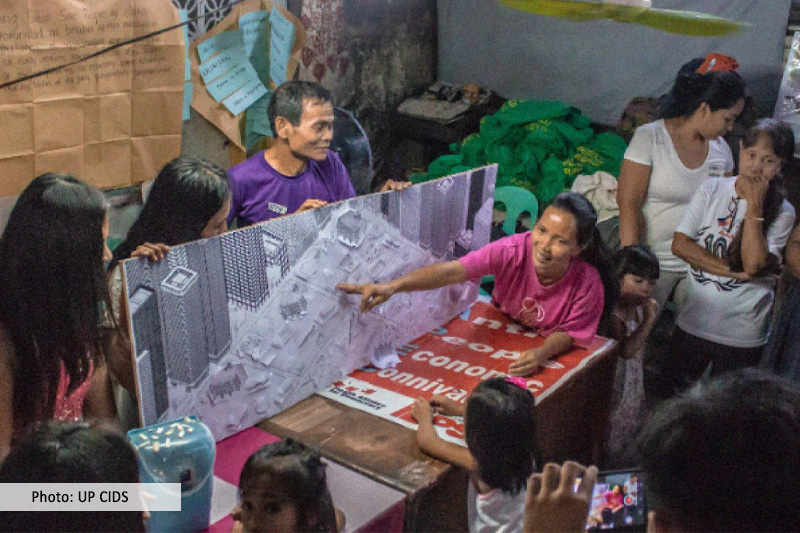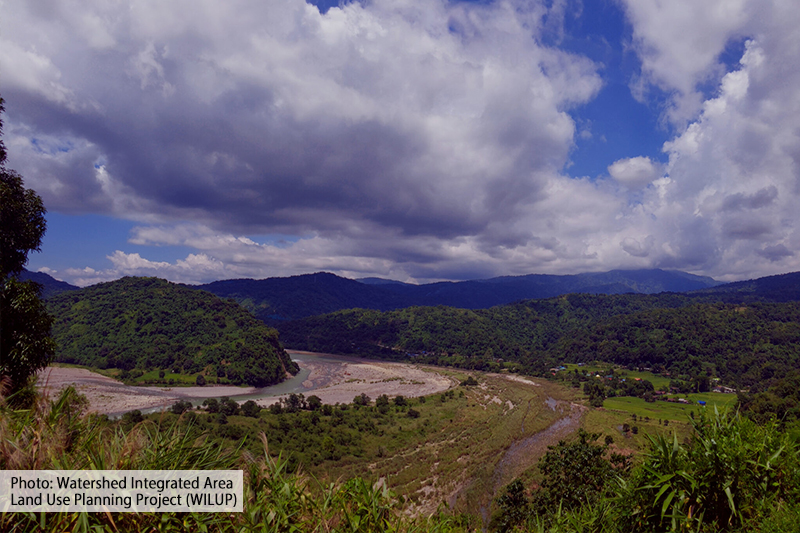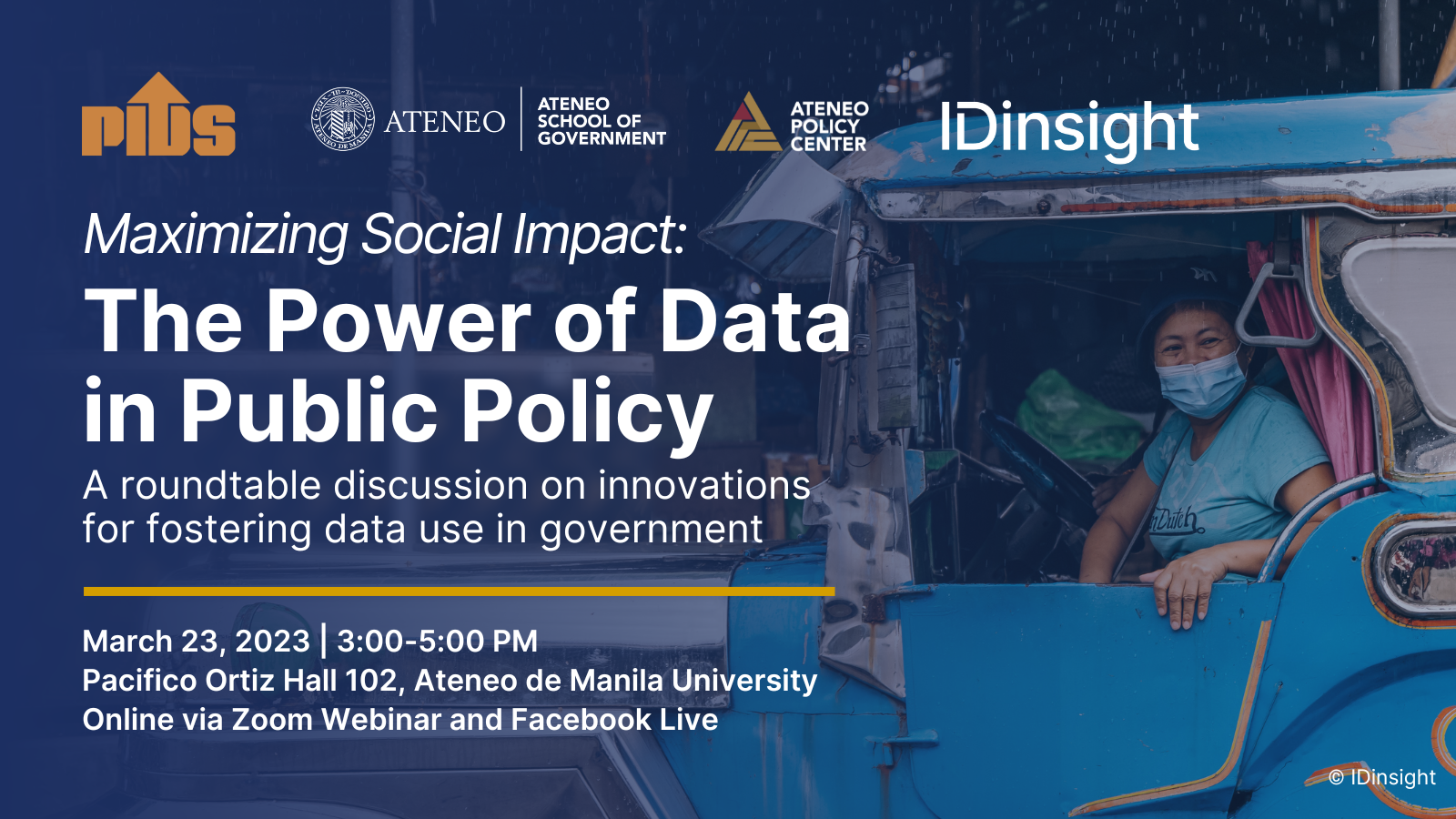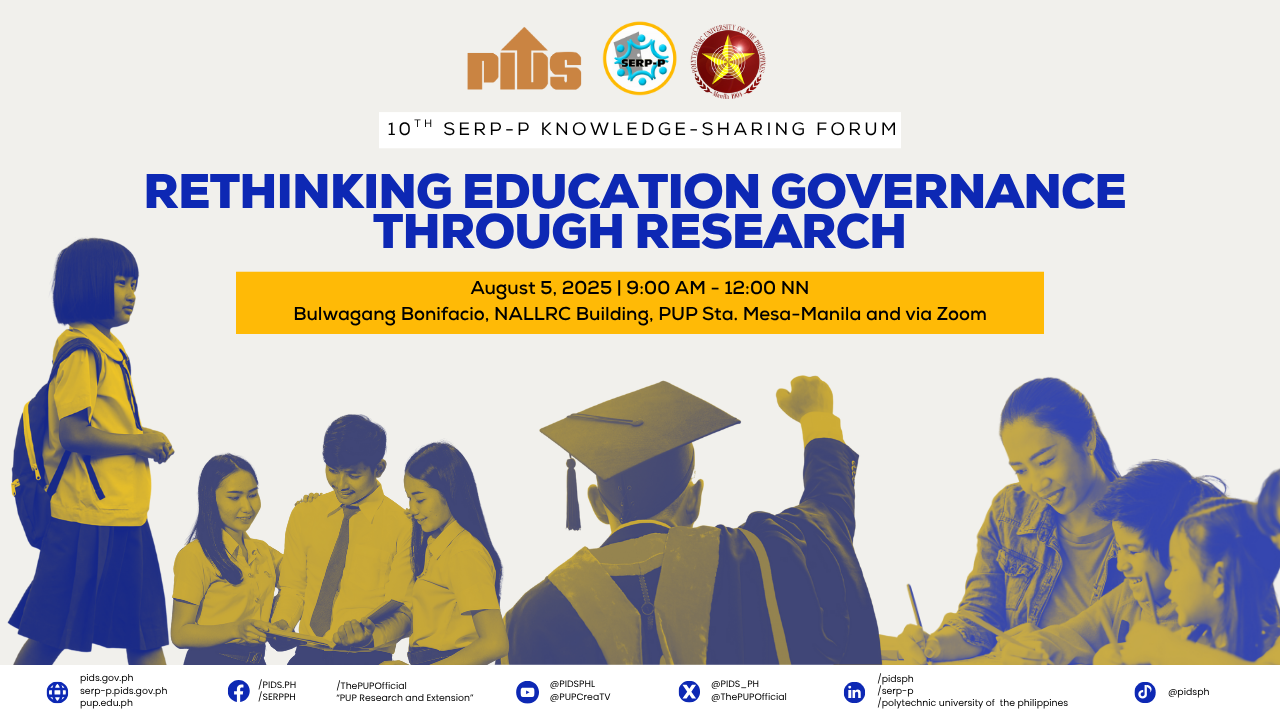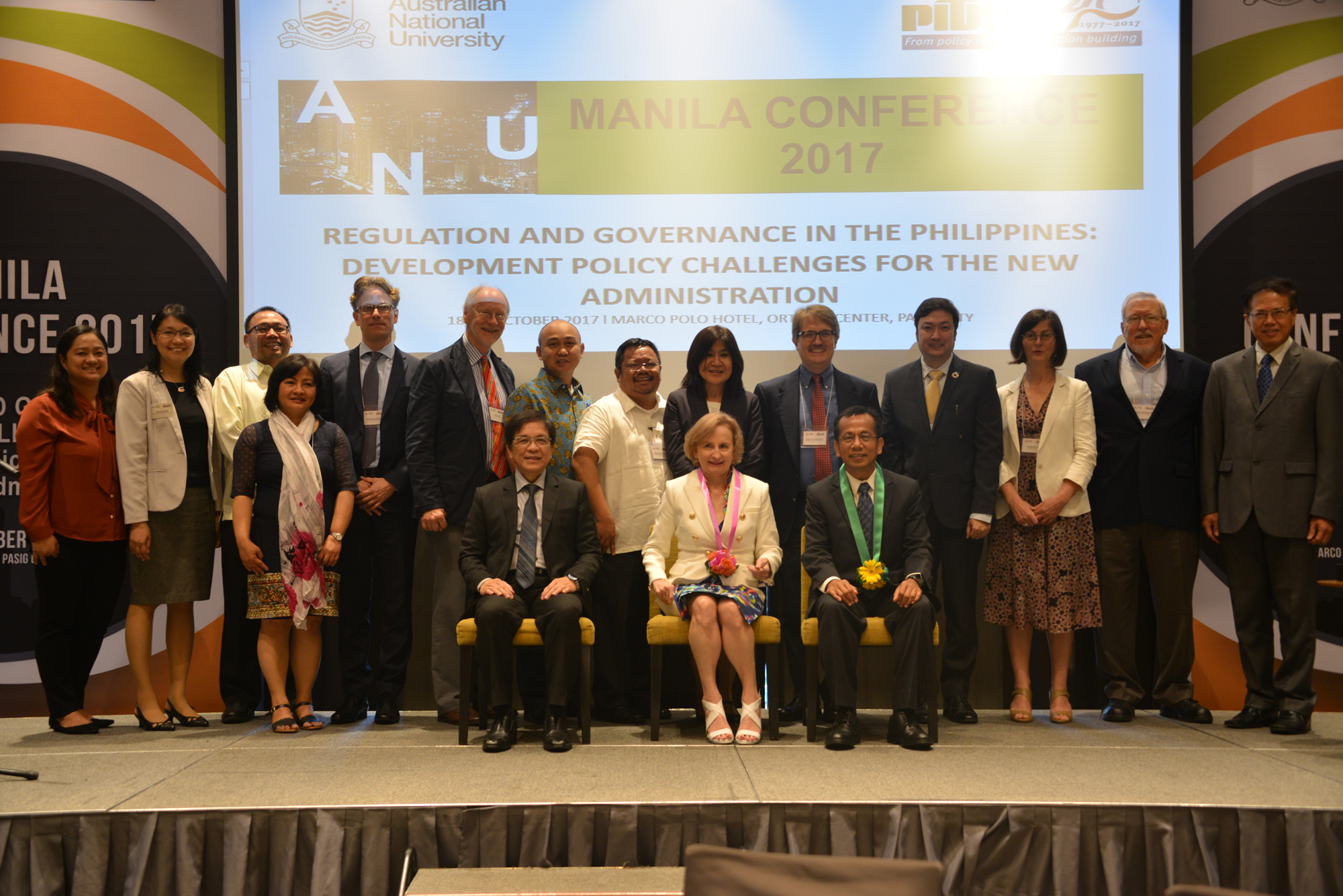
Regulation has to be a means to an end.
This was stressed by Professor Sharon Friel of the Australian National University (ANU) at the recently held Manila Conference 2017, a two-day event co-organized by the Philippine Institute for Development Studies (PIDS) and ANU.
The conference, which carried the theme “Regulation and Governance in the Philippines: Development policy challenges for the new administration”, aimed to tackle the present state of regulation in the Philippines and identify current regulatory barriers to growth of major industries in the country.
Concluding the forum, Friel emphasized the importance of regulations in improving the lot of every person, saying that these are “conditions that [can] help everyone to flourish.”
Although issues on regulations can be “chaotic, overwhelming, and challenging at times”, Friel said these should be considered as vital inputs in enhancing government’s regulatory frameworks and systems.
She expressed confidence in the ability of governments to regulate and put things in order through the implementation of effective policies and standards.
“I would certainly say that it is possible to regulate in government. As human beings, one thing we can do is adapt, albeit, in a very complex way. History tells us that we can reinforce positive adaptation even when it seems remarkably difficult,” she said.
She also pointed out the significance of empirical evidence and in-depth analyses in the formulation of policies, guidelines, and procedures in government, adding that the success and effectiveness of regulations depend on mutual cooperation among key players.
“We have a whole diversity of actors. It’s not just government officials, not just politicians, not just civil societies, it’s a whole suite of actors involved in different ways,” said Friel.
The ANU professor also urged everyone in the forum to “reimagine the purpose of regulation” and be “model mongerers and chaotic innovators” to attain sustainable and inclusive development.
The conference featured panel discussions on the Philippines’ enabling competition policy, its prospects and challenges, and a comparative perspective of other countries’ regulatory practices and systems. Global standards and regulations in key sectors were also discussed, along with the role of civil society and the private sector in regulation.
Among the panelists and speakers were prominent academics, researchers, and high-ranking officials from the Bangko Sentral ng Pilipinas, National Economic and Development Authority, Philippine Competition Commission, and private sectors and institutions like the World Bank, and other top universities in the country. The two-day conference was attended by nearly 150 participants from various government agencies, private organizations, civil society groups, and the academe. ###
This was stressed by Professor Sharon Friel of the Australian National University (ANU) at the recently held Manila Conference 2017, a two-day event co-organized by the Philippine Institute for Development Studies (PIDS) and ANU.
The conference, which carried the theme “Regulation and Governance in the Philippines: Development policy challenges for the new administration”, aimed to tackle the present state of regulation in the Philippines and identify current regulatory barriers to growth of major industries in the country.
Concluding the forum, Friel emphasized the importance of regulations in improving the lot of every person, saying that these are “conditions that [can] help everyone to flourish.”
Although issues on regulations can be “chaotic, overwhelming, and challenging at times”, Friel said these should be considered as vital inputs in enhancing government’s regulatory frameworks and systems.
She expressed confidence in the ability of governments to regulate and put things in order through the implementation of effective policies and standards.
“I would certainly say that it is possible to regulate in government. As human beings, one thing we can do is adapt, albeit, in a very complex way. History tells us that we can reinforce positive adaptation even when it seems remarkably difficult,” she said.
She also pointed out the significance of empirical evidence and in-depth analyses in the formulation of policies, guidelines, and procedures in government, adding that the success and effectiveness of regulations depend on mutual cooperation among key players.
“We have a whole diversity of actors. It’s not just government officials, not just politicians, not just civil societies, it’s a whole suite of actors involved in different ways,” said Friel.
The ANU professor also urged everyone in the forum to “reimagine the purpose of regulation” and be “model mongerers and chaotic innovators” to attain sustainable and inclusive development.
The conference featured panel discussions on the Philippines’ enabling competition policy, its prospects and challenges, and a comparative perspective of other countries’ regulatory practices and systems. Global standards and regulations in key sectors were also discussed, along with the role of civil society and the private sector in regulation.
Among the panelists and speakers were prominent academics, researchers, and high-ranking officials from the Bangko Sentral ng Pilipinas, National Economic and Development Authority, Philippine Competition Commission, and private sectors and institutions like the World Bank, and other top universities in the country. The two-day conference was attended by nearly 150 participants from various government agencies, private organizations, civil society groups, and the academe. ###

